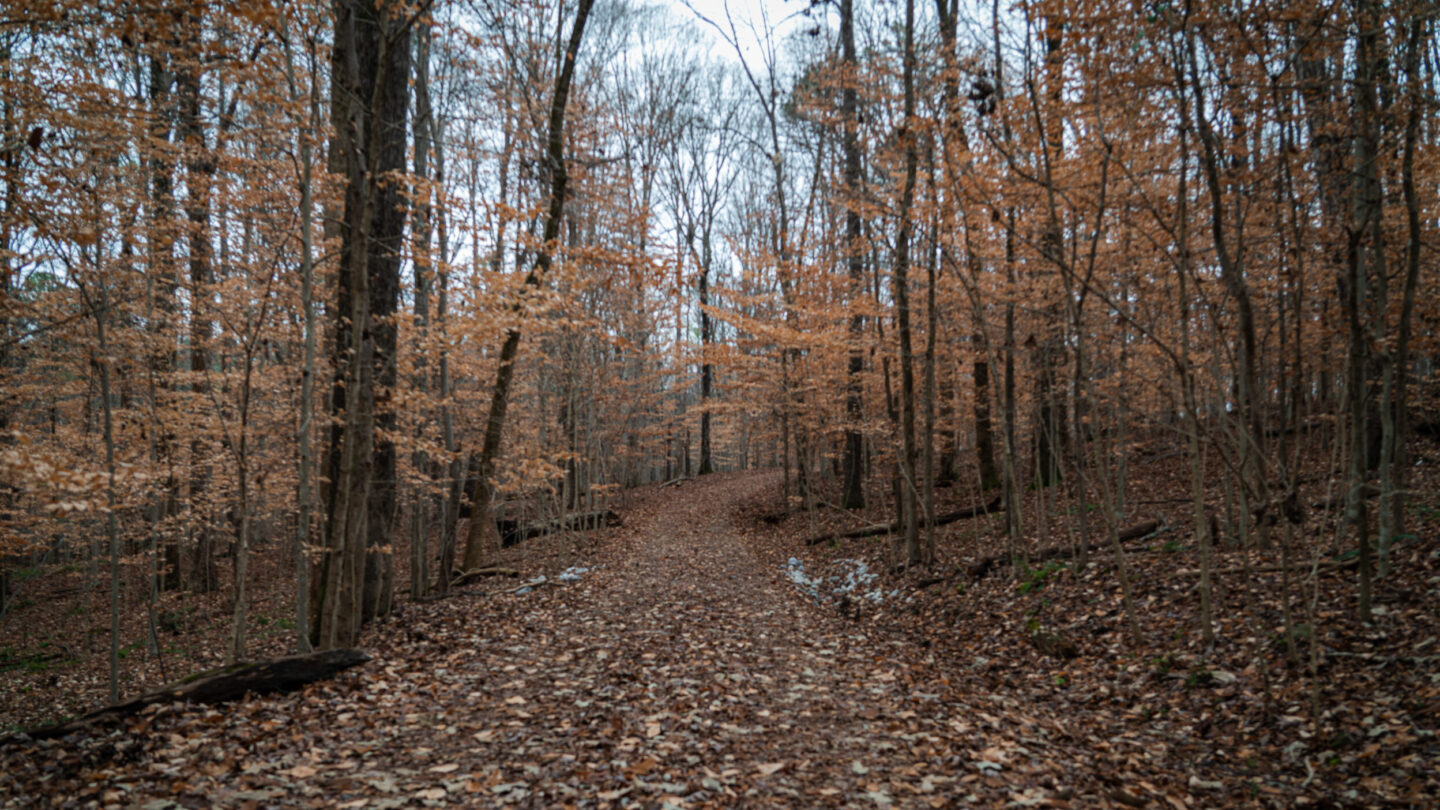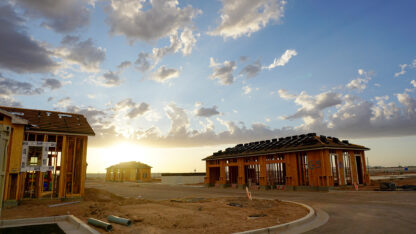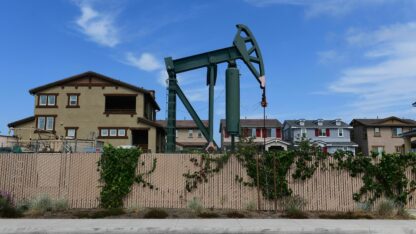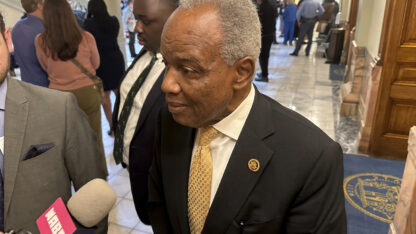This coverage is made possible through a partnership with WABE and Grist, a nonprofit, independent media organization dedicated to telling stories of climate solutions and a just future.
Georgia is one of the states most vulnerable to climate change, according to a new analysis that ranked it fifth in the country.
The Environmental Defense Fund’s Climate Vulnerability Index ranked the states and looked at the county and census tract levels as well, weighing factors beyond extreme events like fires and hurricanes.
The most vulnerable county in Georgia, according to the analysis, is Macon-Bibb, largely because of existing conditions like poverty and poor health.
“The more resources you have, the more protection you have,” said Jennifer Barkin, a professor at the Mercer University School of Medicine who researches climate and health. “And the more ability you have to basically be resilient.
In Macon, one of the major baseline risk factors is air pollution and the health problems that can be caused from it. Lots of sources have polluted Middle Georgia’s air for a long time: coal-burning power plants, diesel train engines and two major highways. Worsening heat waves due to climate change can exacerbate that pollution.
“Heat and air pollution interact in a malicious way,” said Barkin.
Greg Boike of the Middle Georgia Clean Air Coalition said there’s been improvement in some of the region’s air pollution, but a lot of it is outside of what locals can control. Because of this, Boike focuses on bigger-picture solutions that could still have local impacts.
“Part of that is looking to how we as a community, as a region, support the transition to electric vehicles,” he said.
Right now, hundreds of billions of dollars are available for EVs and other climate projects thanks to recent federal laws. One of the goals of the EDF’s index is to help community leaders find resources they need to make themselves less vulnerable.
“Everybody needs to try to capitalize on this historic moment in time,” said Grace Tee Lewis, a senior health scientist at EDF.
“We can try to dig in and make some change, positive change, for communities that need it the most.”









